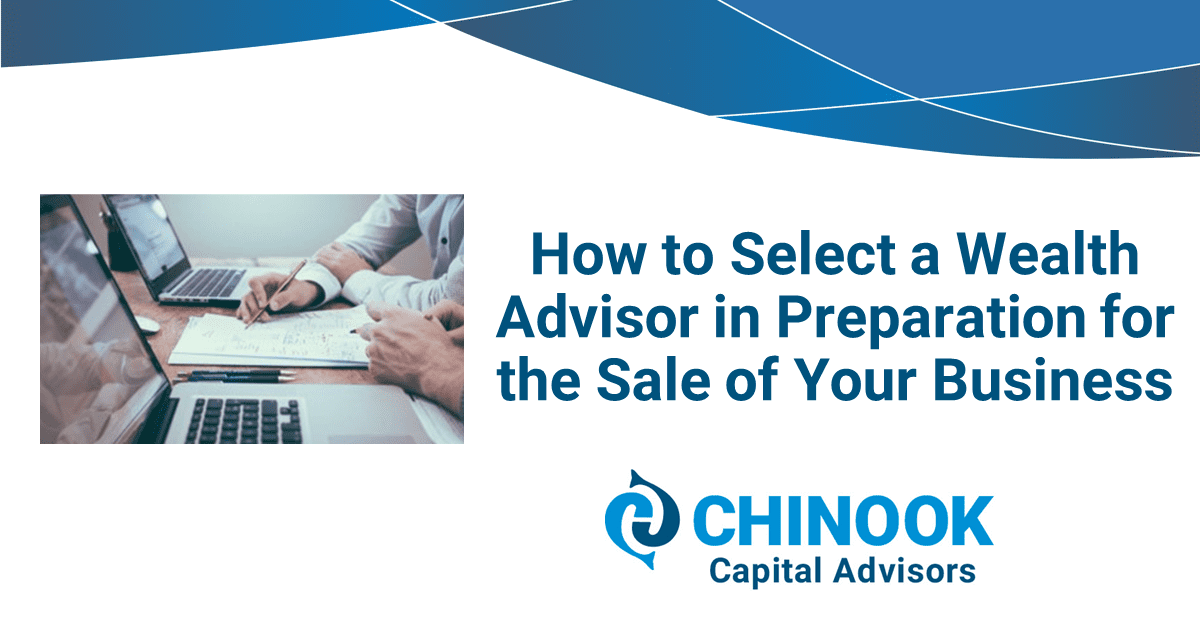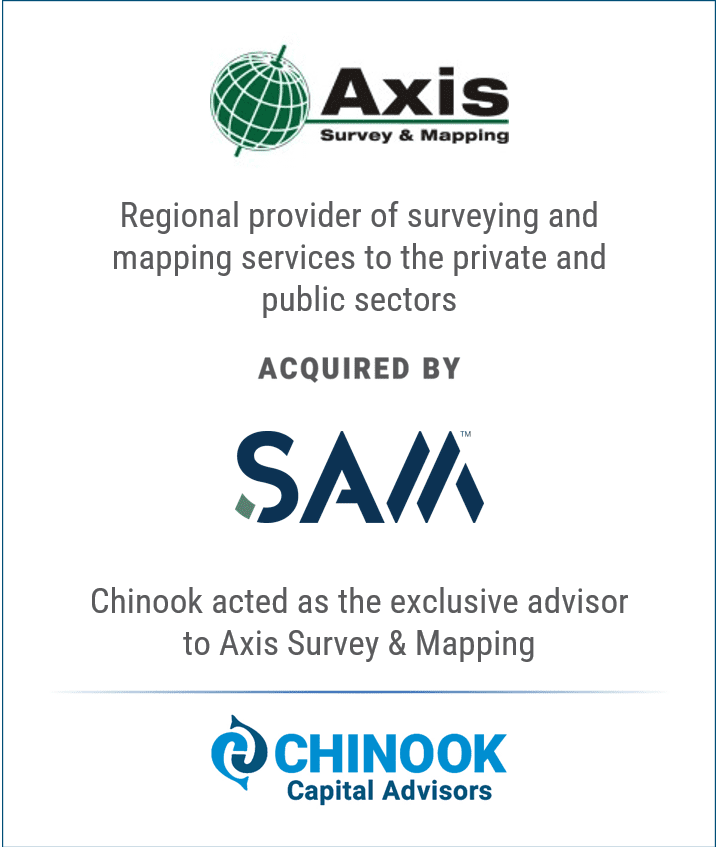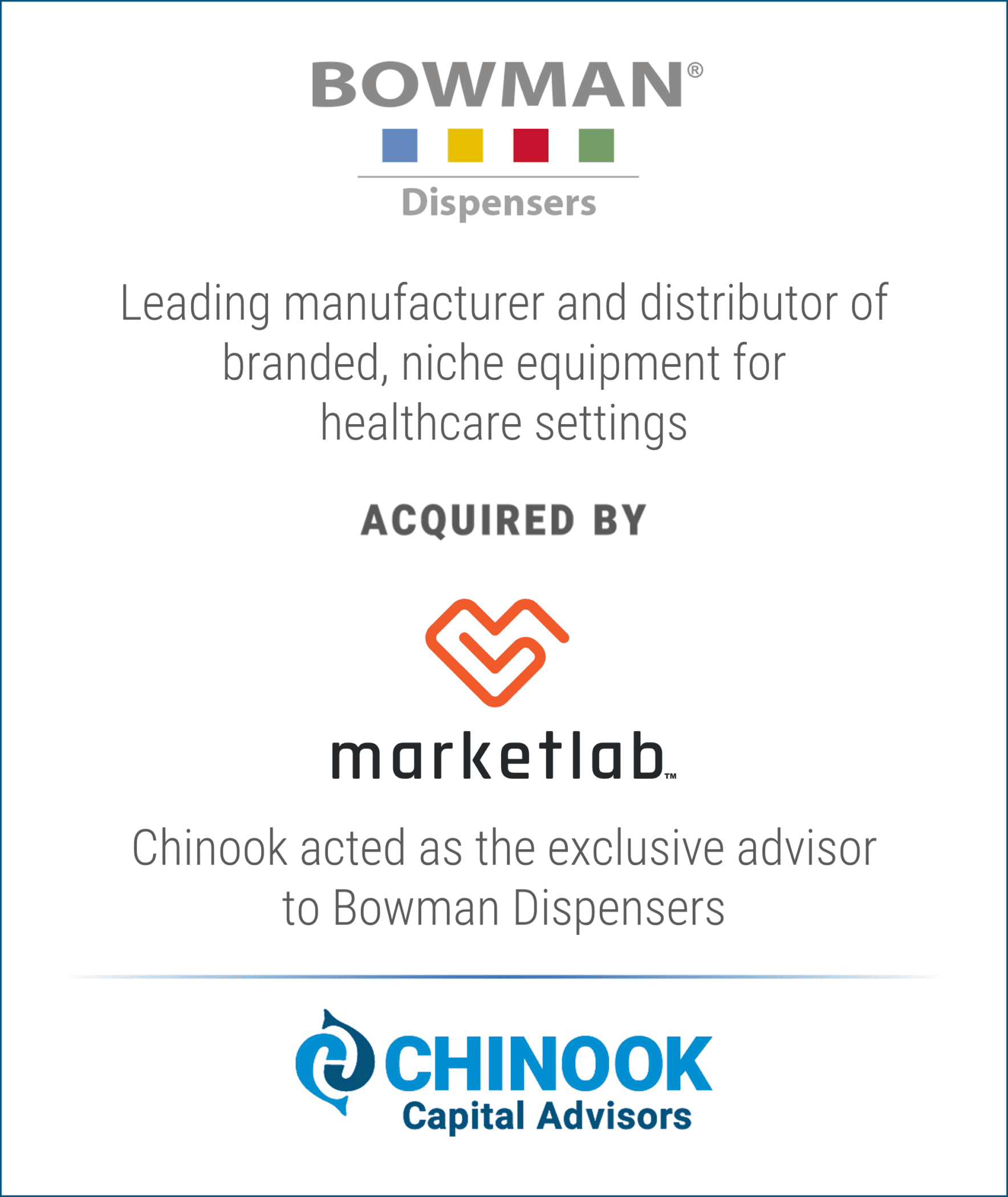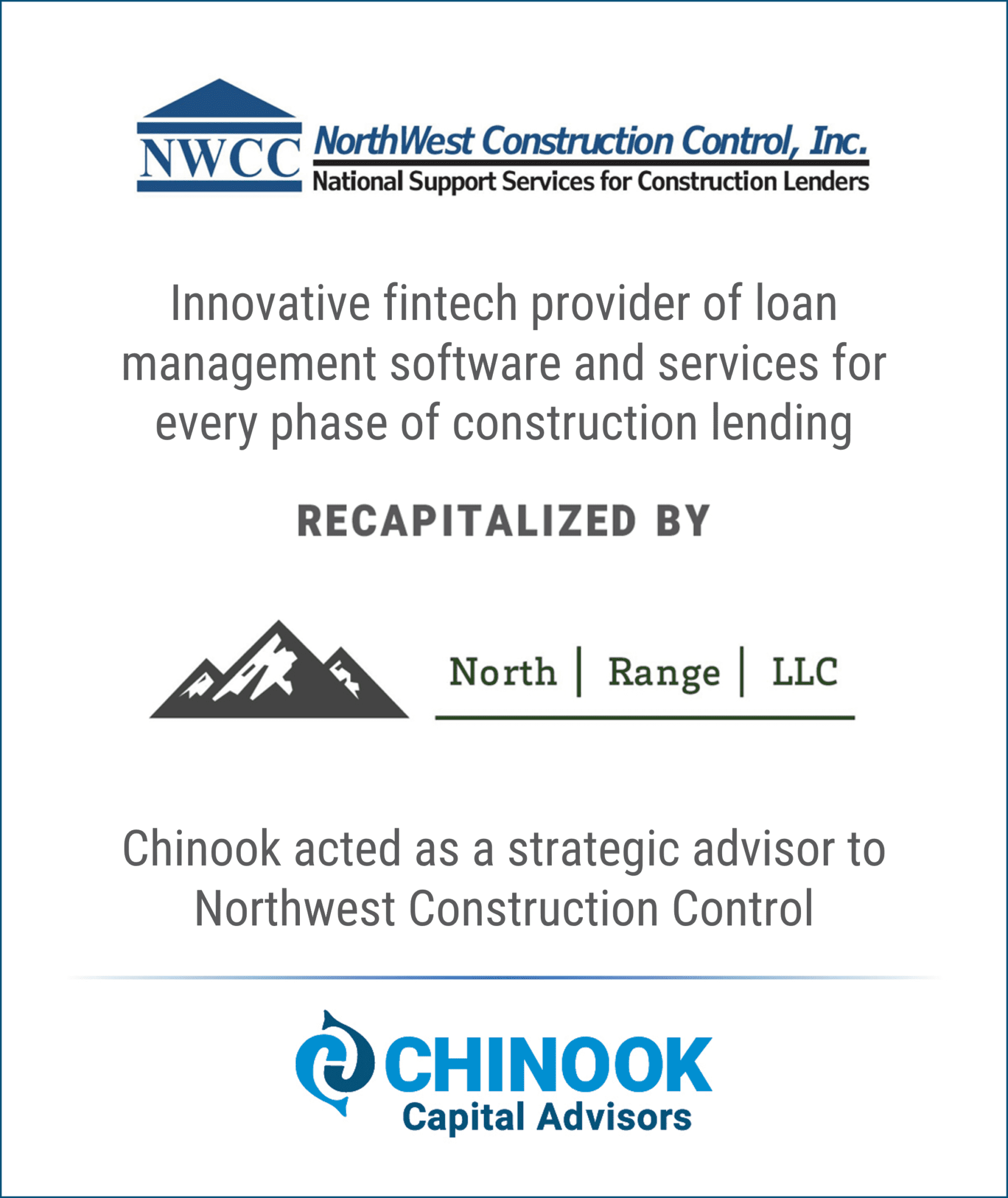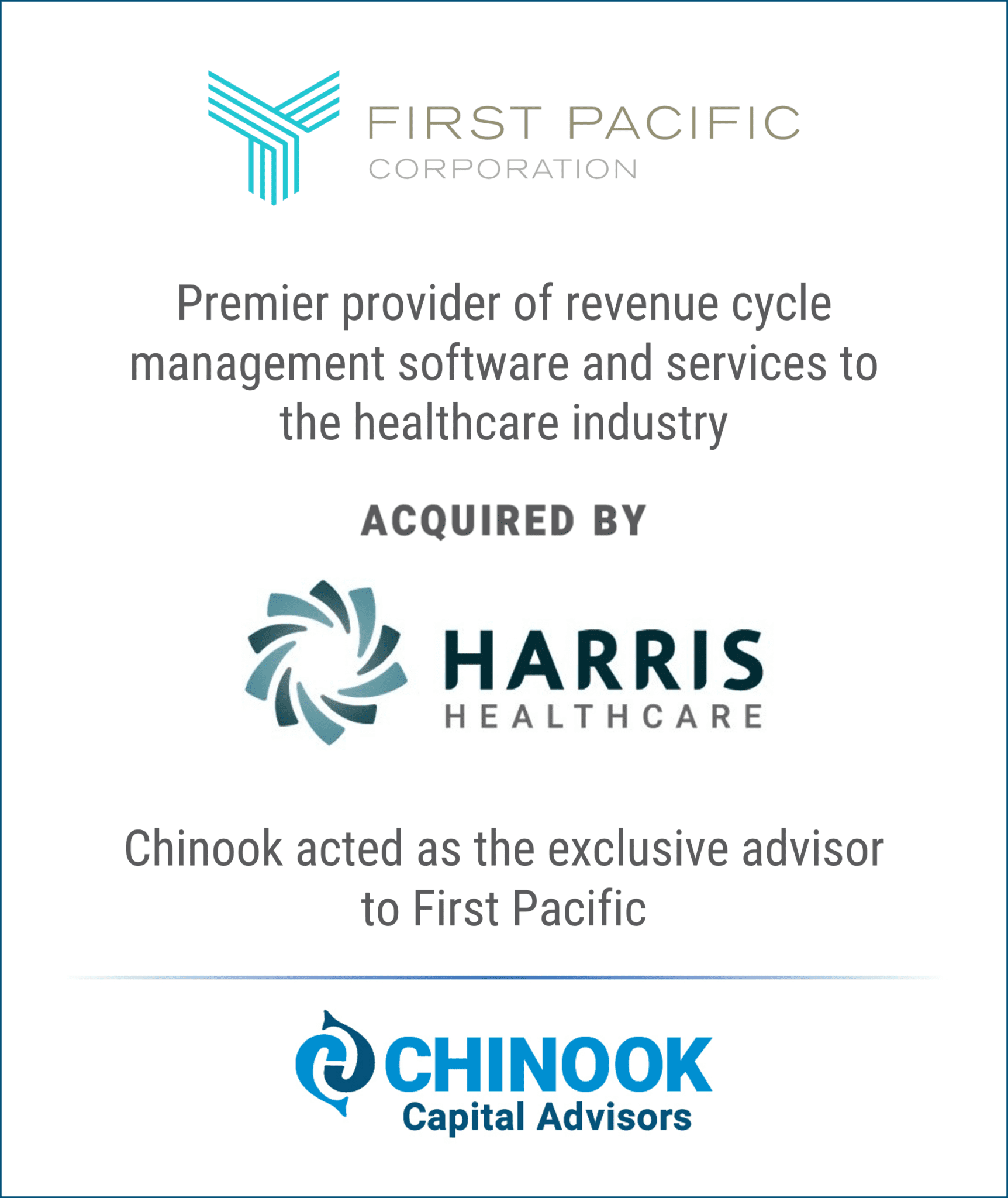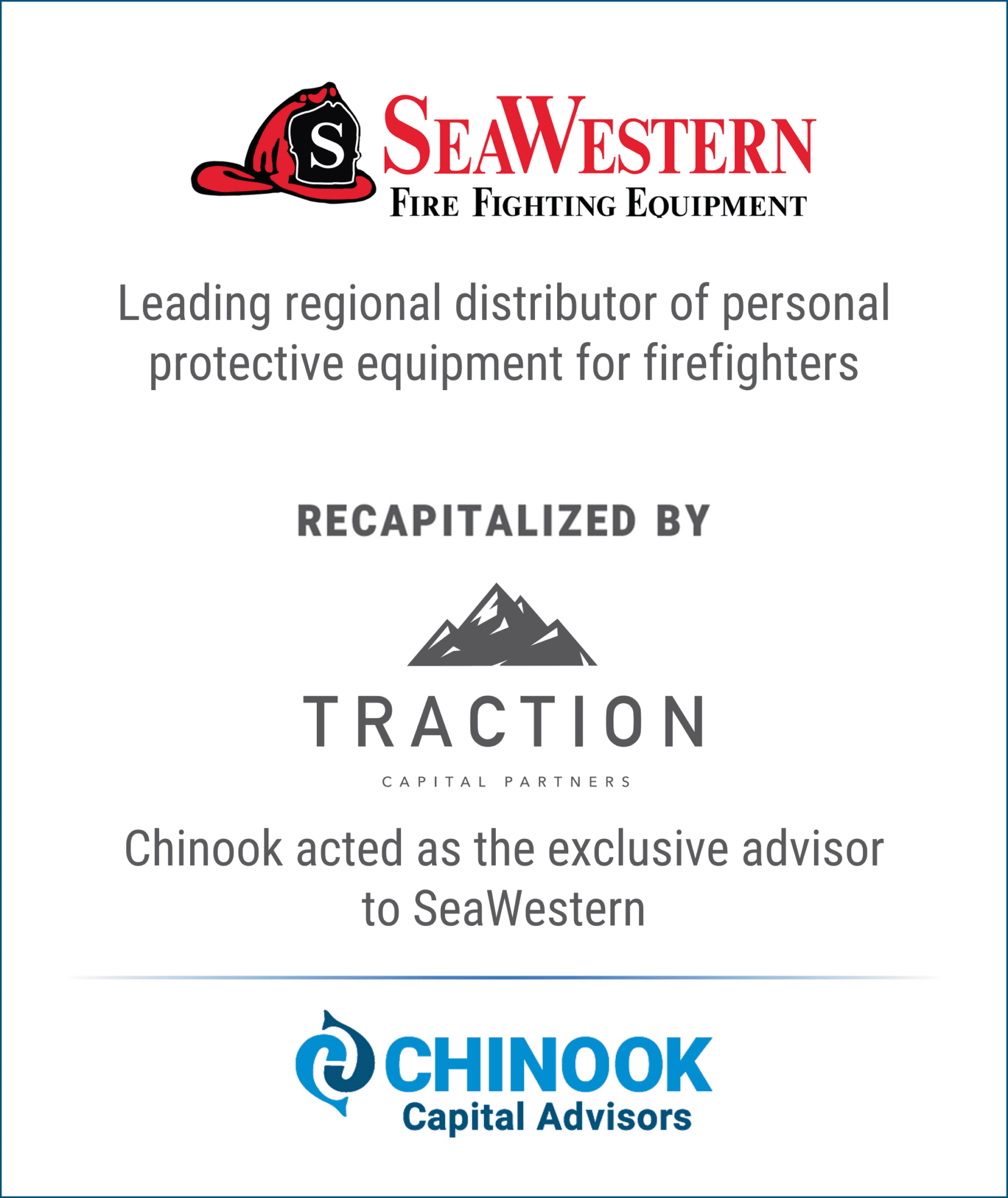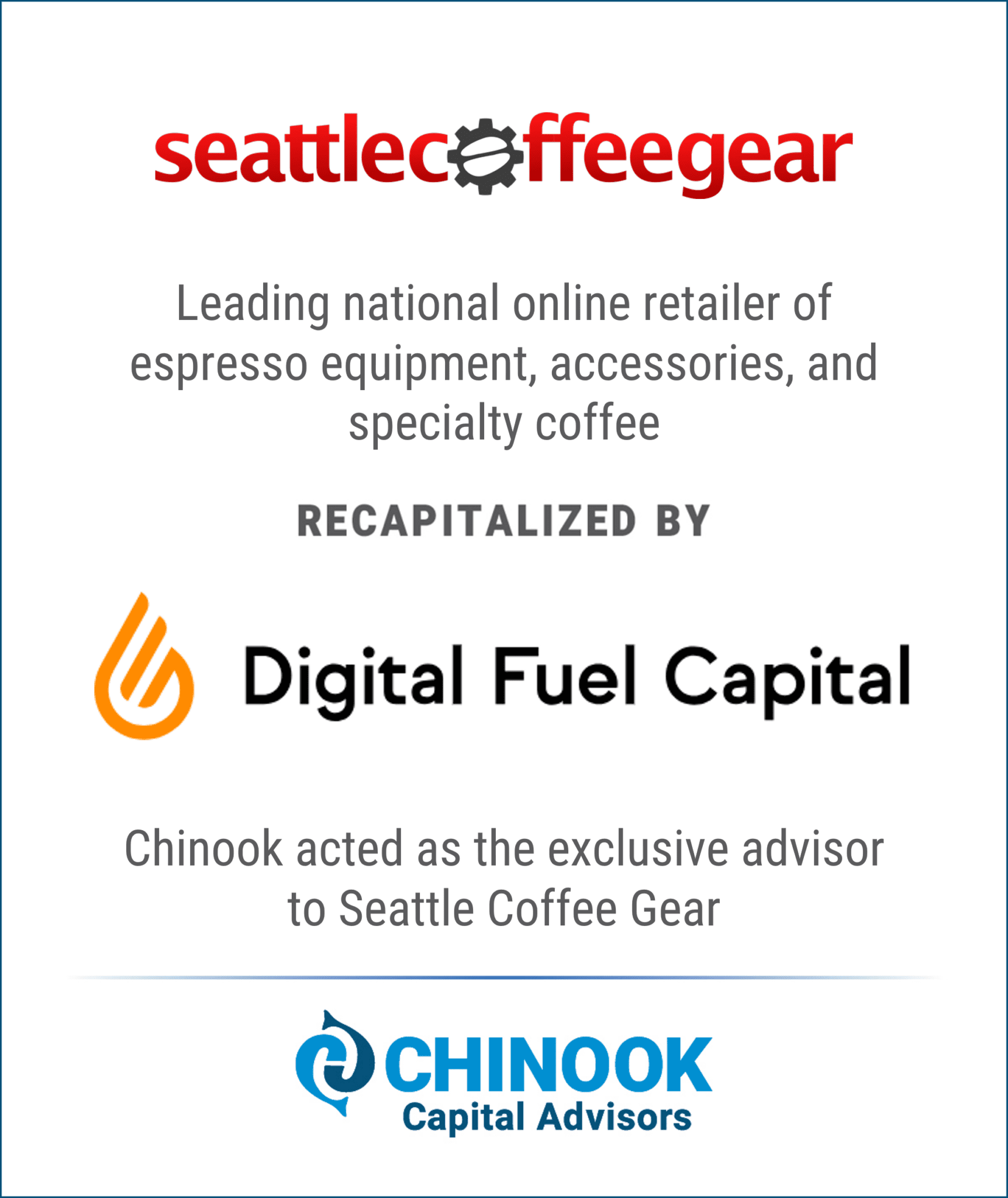How and why to select a Wealth Advisor for the Biggest Transaction of Your Life:
Comprehensive planning ahead of a transaction with input from an investment banker and a wealth advisor can make the difference between “hitting your number” and “leaving money on the table.” Comprehensive planning involves two parts:
- business readiness to achieve a premium valuation and a smooth transaction; and
- financial planning to develop a strategy that not only minimizes income and estate taxes but also provide visibility on how much money it will take to support your lifestyle post-sale.
During the sale process, most of the owner’s attention is focused on the business with the personal financial and estate planning deferred to later. Unfortunately, some owners only start to think about where the proceeds from the sale of their business will go after the funds from the sale hit their account on closing day. This mistake can potentially result in hundreds of thousands of dollars in unnecessary taxes paid and compromise the seller’s net cash at close. With sufficient foresight and planning involving an investment banker and wealth advisor, taxes can be minimized resulting in more cash proceeds at close grow.
Pre-Sale Business Preparation:
Preparing a business for a sale transaction is centered on maximizing value drivers and resolving or mitigating characteristics of the company that would reduce the value of the business. An investment banker can provide advice on how to prepare the business to receive a premium valuation in an M&A transaction. Refer to our previous article: It Takes A Team To Sell A Business.
Pre-Sale Financial Planning:
Financial planning for the sale of your business starts with understanding what life will look like after the sale. Every business owner’s cash flow needs and lifestyle in retirement are different. It is never too early to address personal financial planning based on the sale of your business. Ideally, planning should start several years prior to beginning the business sale process. In some cases, more than five years may be needed before the sale to maximize the benefits of tax and estate planning. This will depend on the type of business you own, its ownership structure, and your post-sale goals.
Knowing your financial independence number is a key first step in understanding what life will look like after the sale. Your financial independence number is the amount of after-tax proceeds needed from the sale to support your lifestyle and long-term goals. It is critical to know this ahead of a transaction because it doesn’t matter what your company is worth if you don’t know if the sale will meet your financial needs. In some cases, hitting your financial independence number is in-reach with a near-term sale. In others, a few years of financial planning and improvements in the business are needed to maximize valuation and achieve your goals.
Identifying a Wealth Advisor:
Wealth advisory services for business owners often includes a broader spectrum of services beyond investment management, budgeting guidance, and estate planning. Selecting the right wealth advisor for your situation is key — doing so means you won’t end up paying for services you don’t need or working with an advisor who isn’t a good fit for you. It is important that your wealth advisor is familiar with guiding clients through business sale transactions, and works with several other clients in your situation.
We recommend meeting with multiple wealth advisors and selecting one based on the approach most closely aligns with your values and goals. Here are some suggested interview questions for when you meet prospective wealth advisors.
Common Questions To Ask a Potential Wealth Advisor:
Fit:
- Describe your firm?
- Who do you specialize in working with?
- What is the smallest, average, and largest portfolio you manage?
- How many clients have you supported through the sale of a business?
- How do you collaborate with my team of professional advisors?
Services:
- Who is your ideal client, and what problems do you solve for them?
- What services do you provide to clients?
- How do you work with clients prior to a liquidity event and traditional liquid portfolio?
- How often would you meet with me to evaluate my situation and provide an up-to-date financial plan?
- What happens to my account if something happens to you?
- What asset allocation guidelines do you use?
Fees:
- How do I pay for your services (and how do you get paid)?
- What tax consequences would I face when investing money with you?
- What are the total internal costs and fees for your standard portfolio?
Other:
- Are you a fiduciary?
- What are your professional designations?
- Which law firms and CPA firms do you partner with for trust and estate planning purposes?
Putting It All Together:
It can be hard to imagine the day when you’ll hand over the keys to the successful business you’ve built. Guidance from both an investment banker and a wealth advisor are key to a successful business sale process that yields liquidity that meets your financial independence number. We can help you create a timeline of what needs to be addressed and how that applies to your personal financial profile. It’s never too early to start planning.

